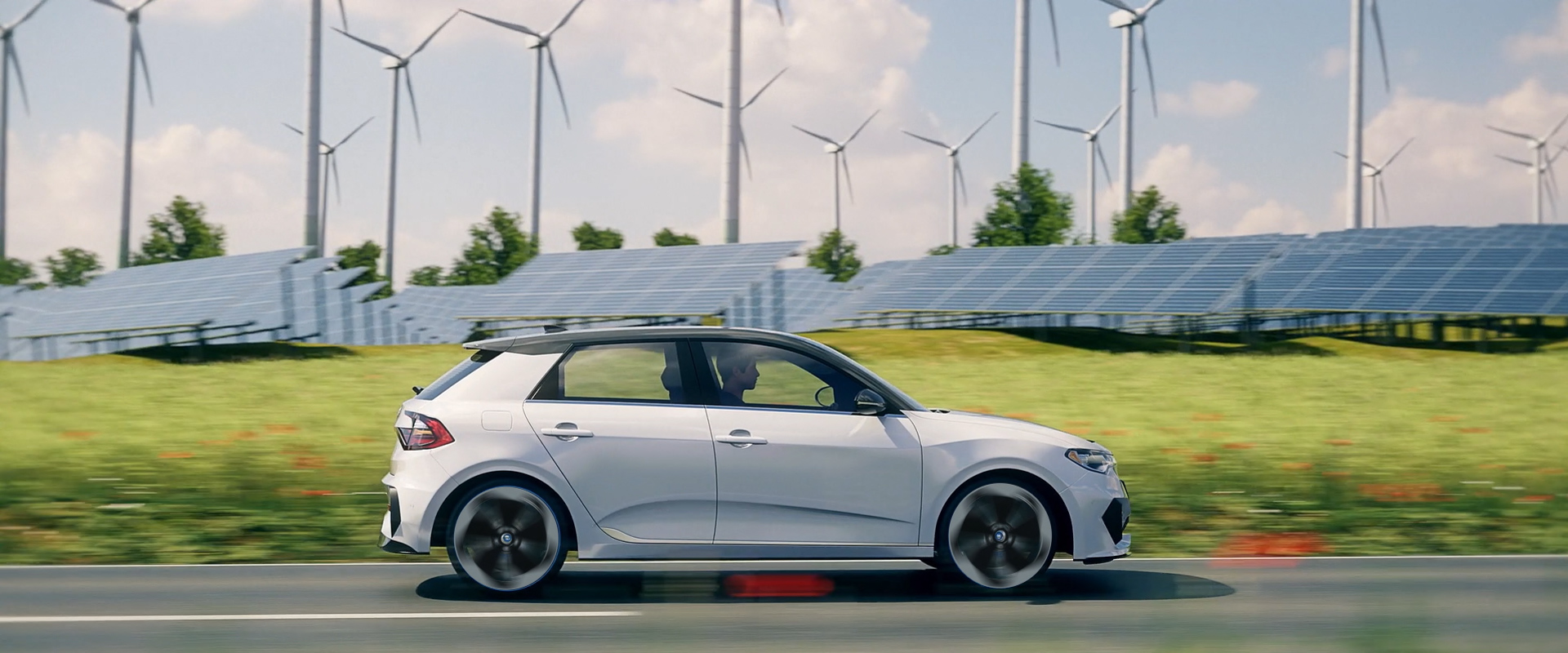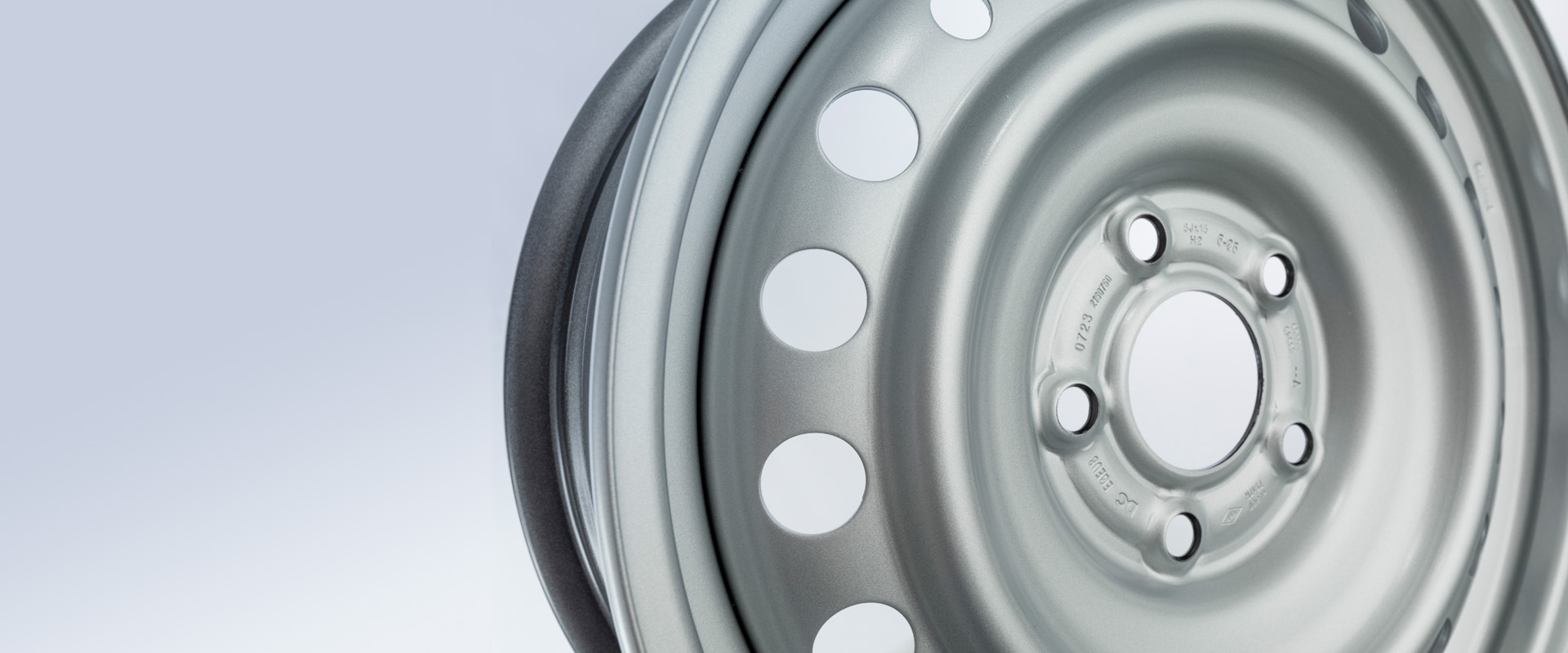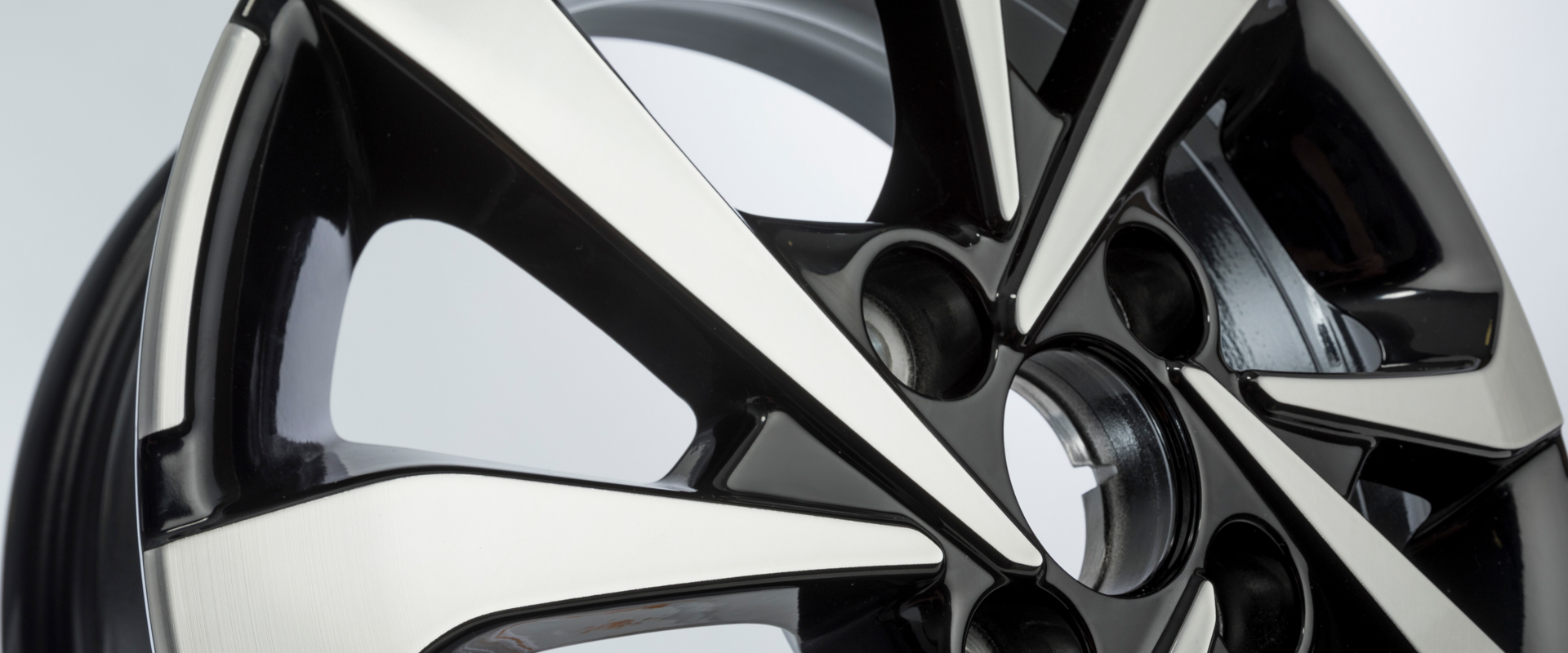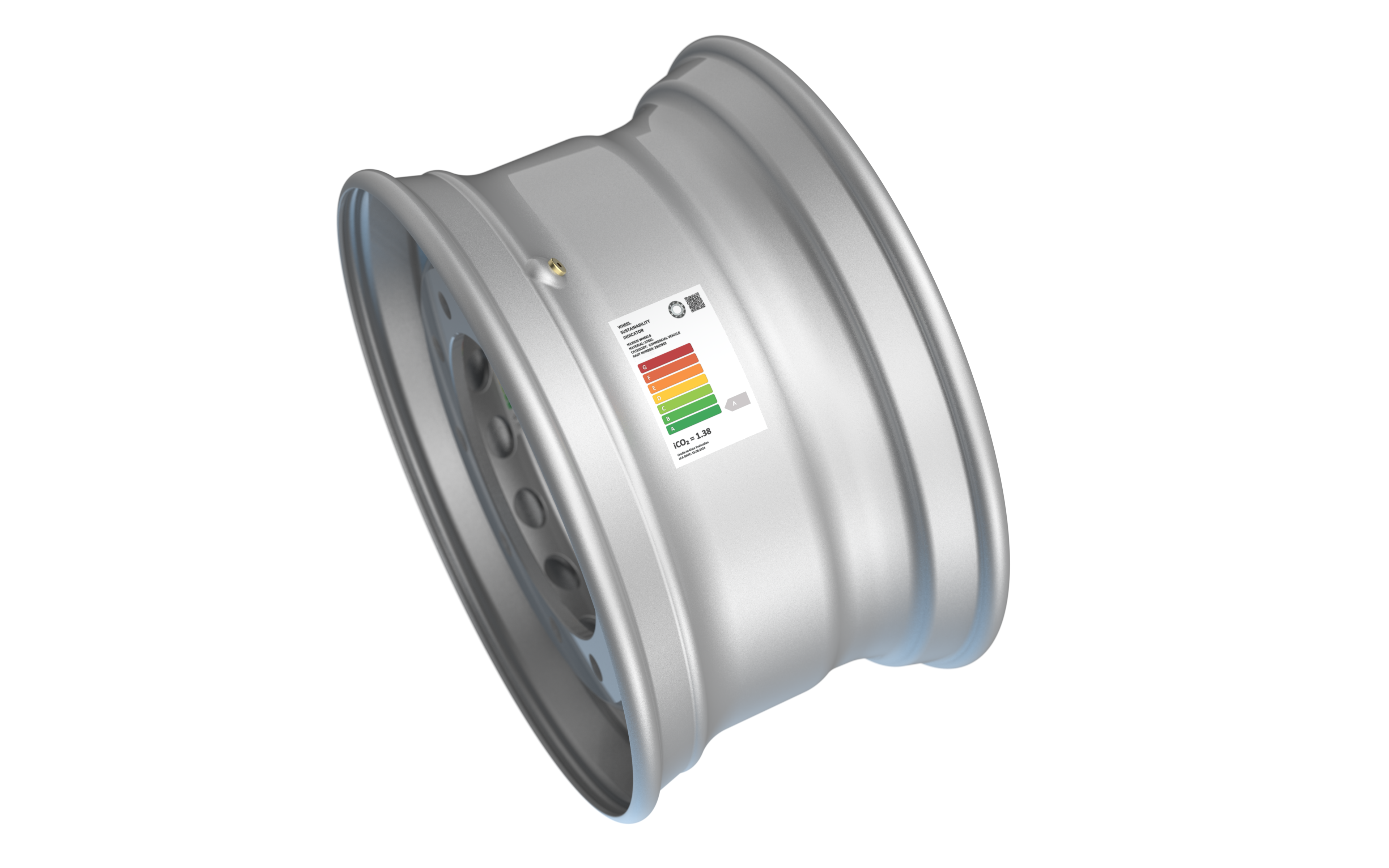
Sustainable wheel options for car buyers
In the shift to zero-carbon mobility, more sustainable wheel options are one of the fundamentals.
Maxion Wheels, the industry’s biggest supplier, explains what it takes to give consumers greener choices.
Wheels are one of the bigger option decisions consumers make when buying a new car. They are an important element in a vehicle’s styling, occupying around 30% of a car’s profile. Wheel designs and their mass also have a direct impact on the vehicle’s overall aerodynamics and energy efficiency – and on the car’s carbon footprint.
The thin-spoke styling, originally designed for brake disc cooling, are counter-productive on an electric vehicle, creating unwanted drag. Modern wheel designs instead favor large, smooth surfaces that create clean air flow and boost aerodynamic efficiency.
Aluminum alloy wheels are energy-intensive to produce: their production process accounts for 9-12% of the total CO2 emissions in a wheel’s lifecycle. Pieter Klinkers, President and CEO Iochpe-Maxion, the world’s largest wheel producer, already has plans in motion to decarbonize the company’s products and processes. “We are committed to sustainability and delivering CO2 reductions,” says Klinkers. “We are preparing to offer more net-zero emission wheels and to introduce innovations that will make sustainable options more attractive to consumers.”
"We are preparing to offer more net-zero emission wheels and to introduce innovations that will make sustainable options more attractive to consumers."
"Energy is one of the main ingredients in wheel production. By decarbonizing our production with clean energy, more sustainable product designs, more efficient processes, and lower carbon materials, we are taking ambitious steps towards becoming a net-zero emission wheel supplier."
Wheels made with clean energy
The energy used to extract and cast aluminum wheels mean that a typical 16” set of aluminum wheels can create significantly more CO2 emissions than a comparable set of steel wheels.
“Energy is one of the main ingredients in wheel production,” says Ralf Duning, Global Senior Commercial and Technical Advisor, Maxion Wheels. “By decarbonizing our production with clean energy, more sustainable product designs, more efficient processes, and lower carbon materials, we are taking ambitious steps towards becoming a net-zero emission wheel supplier.”
Maxion has been ramping up renewable energy supplies across its global network and in its raw material supply base. Klinkers says the company is on track to achieve a 30% reduction in CO2 from its global operations by 2025.
Lower-carbon wheels will be on option lists even sooner. As renewable energy sources increase, Maxion will offer wheels produced using 100% green electricity. “We don’t believe in global offsets,” says Maxion Wheels' CEO, Mark Gerardts. “When we commit to making a wheel design with 100% green electricity for a customer, we ensure that specific plant has a dedicated supply.”
By 2030, Maxion expects 100% of its global electricity will be able to come from renewables. At locations where green energy is not available from the grid, Maxion is investing in on-site solar and wind power.
Greener materials that save CO2
With the energy demands of aluminum extraction contributing around 80% of a finished wheel’s CO2 emissions, the raw material is a Maxion priority. Maxion sources green aluminum, produced using clean energy, and works with suppliers to ensure material grades that meet automotive standards are available.
“We source from aluminum producers who use hydro-electric or geothermal energy to power the electrolysis process,” says Klinkers. “There are a limited number of sources able to supply green aluminum of the right quality and, with demand rising, we work years in advance of a new car’s launch to secure supplies.”
In 2024, Maxion will offer its first ultra-low carbon wheel option, made using green energy and green aluminum. Longer term, increasing the amount of recycled, or secondary, aluminum offers a more sustainable way forward.
“Recycling removes the electrolysis stage, making secondary aluminum around 90% less energy-intensive,” explains Duning. “The potential for circular economy models, recycling end-of-life wheels, is clear.”
With aluminum recycling capabilities installed on its sites, the company’s manufacturing and engineering experts are working together to adapt design and production processes, fast-tracking development of wheels with higher recycled content.
Soon, wheels made with recycled aluminum will match the performance and finish quality of designs made with conventional primary aluminum. By 2023, Maxion will introduce wheels made using mostly secondary aluminum.
Lightweighting lowers carbon
Design and process know-how will also deliver essential weight reductions and energy savings. A combination of big data, supercomputing advances and machine learning will play a significant role in Maxion’s objective of reducing its global CO2 emissions by 70% by 2030.
The Maxion Lightweighting Process uses a range of simulation tools and process data to optimize wheel topology, fine-tuning the balance between stiffness, acoustics, mechanical strength, and mass. First developed more than 10 years ago to support cost reductions, the Maxion Lightweighting Process is one of the most advanced in the industry, achieving ultralight designs that can be 20% lighter than conventional wheels.
“Digital transformation, Industry 4.0 technology and comprehensive global datasets will revolutionize our capability to deliver cost-effective weight savings and process efficiencies,” says Chief Information Officer Esteban Remecz. “With AI able to explore thousands of possible solutions, we expect weight savings and CO2 reductions to move to the next level.”
"Automakers and consumers need vehicles and options that help reduce their carbon footprint. With clean energy, greener materials, and human ingenuity, Maxion is developing a new generation of wheels for a net-zero emission future."
A new generation of steel wheels
The materials and production processes are different, but Maxion is bringing the same level of technological know-how to the development of a new generation of more innovative steel wheel designs. As vehicle ranges evolve into New Mobility solutions, steel wheels will enable even more substantial carbon footprint reductions.
“Steel wheel production is around six times more energy-efficient than aluminum,” says Duning. “The recycling is also simpler and less energy-intensive. If we are serious about sustainability, then we must also make steel wheels a more attractive option for customers.”
Maxion predicts a growing interest in steel wheels as customers become more climate conscious, exploring the styling and personalization possibilities that advanced low-carbon steel wheels could offer.
“Consumer preferences are changing with a generation shift underway in vehicle design and sustainability,” adds Klinkers. “Automakers and consumers need vehicles and options that help reduce their carbon footprint. With clean energy, greener materials, and human ingenuity, Maxion is developing a new generation of wheels for a carbon neutral future.”





